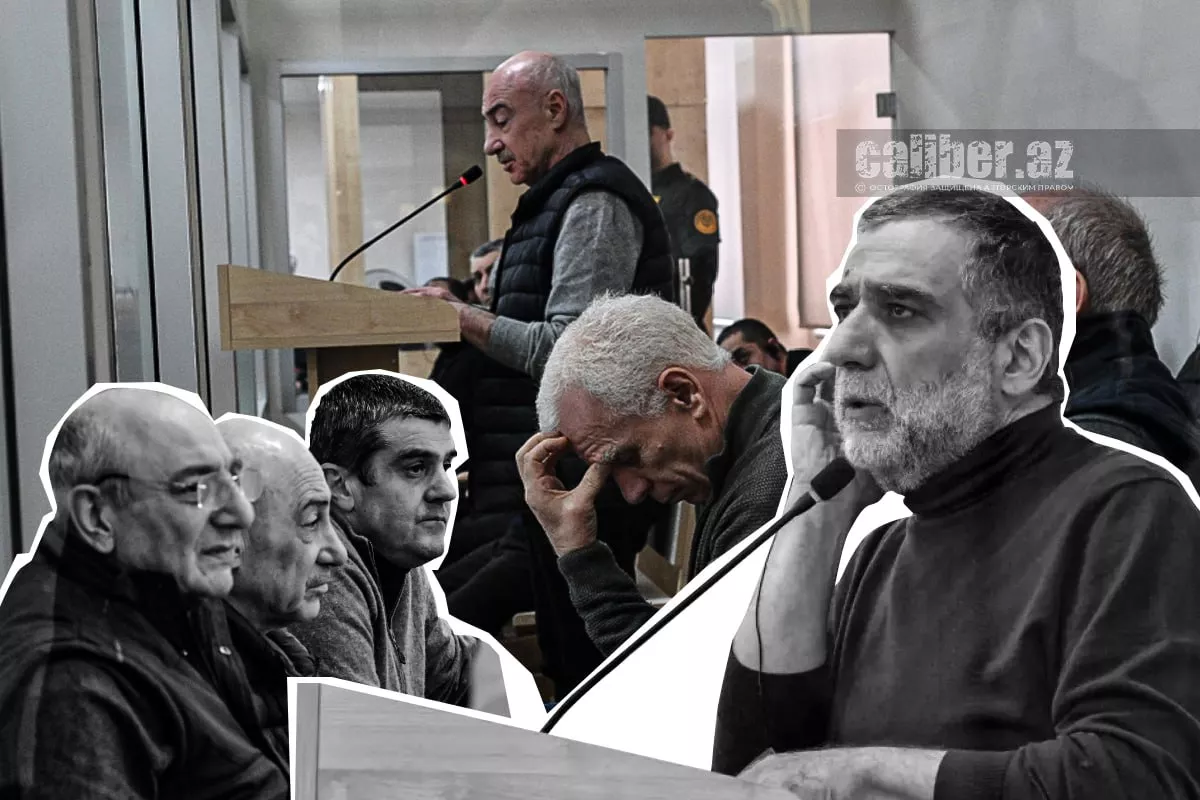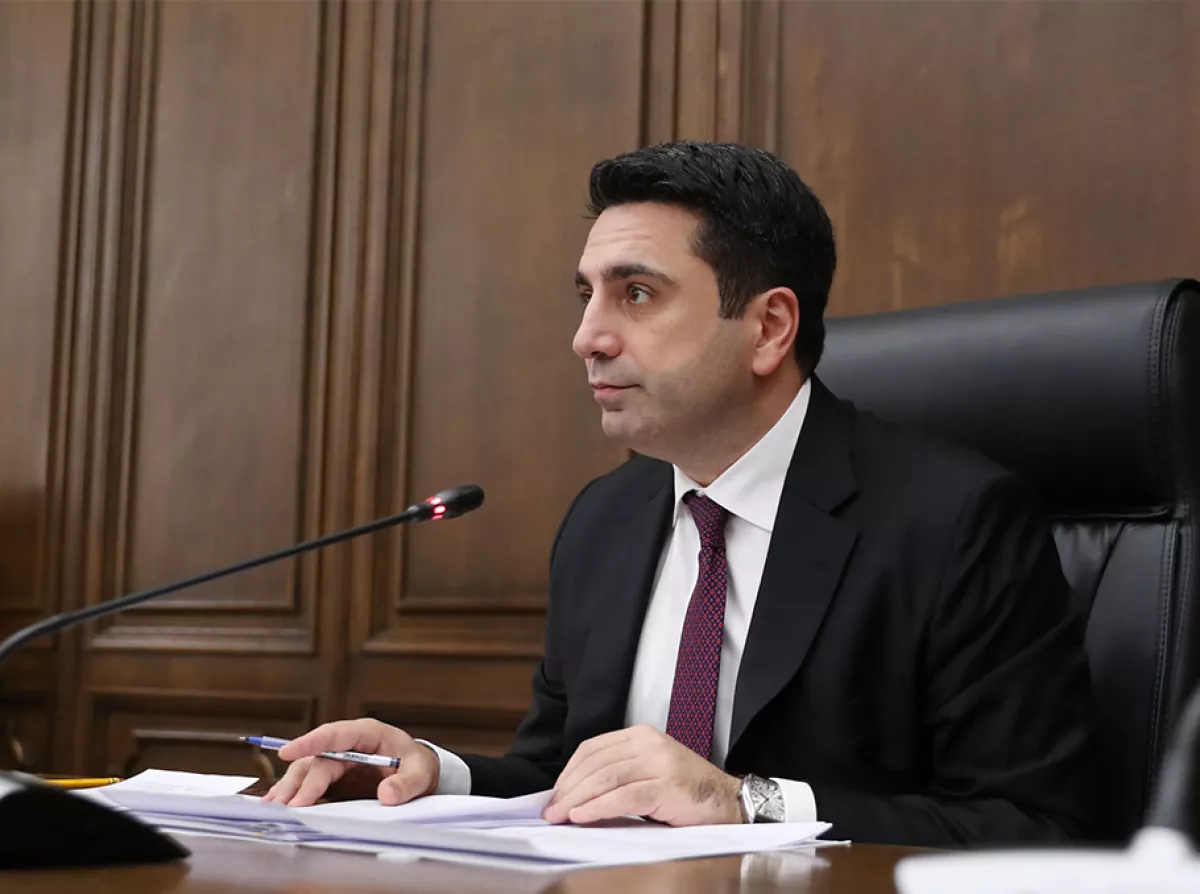A minute of humour, anxiety, and hope Armenia’s political theatre
Humour has always been and remains an integral part of politics. Sometimes, an ironic outlook helps people cope with the stress brought on by political news. Sometimes, politicians themselves crack jokes to lighten the mood. And sometimes—quite often in Armenia—what is intended to be a serious event turns into a farcical absurdity. Every joke is based on contradiction. The more unexpected the contradiction, the funnier the joke usually is.
Today, we’ve decided to share one such “joke,” which involves a major contradiction. Let’s present it the way some Armenian sources have reported it: “Nzhdeh Iskandaryan has been appointed State Minister of Artsakh. He announced this during a press conference of the Council for the Protection of the Rights of Artsakh People.”
We won’t even bother looking up who this Nzhdeh fellow is. What made us laugh is the fact that there is no such thing as “Artsakh” anymore—yet there is a State Minister. A contradiction? Oh, most definitely! And what gives this joke an extra layer of irony is the fact that one former “State Minister of Artsakh” is already sitting in the dock on the shores of the Caspian, awaiting the court’s verdict.

However, the week of humour in Armenia didn’t end there. And while the aforementioned “State Minister” may have made a joke without even realising it—fully convinced he was undertaking something serious—Speaker of the Armenian National Assembly Alen Simonyan attempted a more deliberate kind of humour. We say attempted, because behind his somewhat clownish tone, one can clearly sense hints of tension, even anxiety.
“Individuals who are part of, or will become part of, Kocharyan or Serzh’s team have no political future. These forces are relics of the past—political dinosaurs. When Armenia has a new government, it definitely won’t be formed from these circles. Changing parties, growing a moustache, or dyeing one’s hair won’t save anyone,”
—wrote Simonyan on his Telegram channel.
And again, just like with the “State Minister,” we couldn’t be bothered to dig through the internet to figure out which opposition figure switched parties or grew a moustache. The main point is that the Prime Minister’s team continues its crusade against Armenia’s troublemakers using every tool at its disposal.
In the same post, Simonyan turns his attention to the Church—this time his sense of humour takes on a sardonic edge: “Our Holy Armenian Apostolic Church will have a new Catholicos of All Armenians, and all those clergymen and individuals who speak today of high values, sacred things, even the cosmos, just to dodge the question of whether a wife’s uncle or a child is fit for celibacy, and who try to defend the indefensible, will either face a new reality or fade away with the old one. Better to stay silent!”

Well, the fact that Pashinyan’s closest ally chose to reiterate harsh accusations against the Armenian Church also underscores the reality that it remains a powerful rival on Armenia’s political stage. Pashinyan and his team will have to expend considerable effort if they hope to prevail in this struggle with the institution.
Simonyan concluded his message with the following statement: “Power in the Republic of Armenia belongs to the people—not to journalists living off your salaries, not to those who didn’t receive positions from us and are still waiting for them, not to uncles and aunts writing illiterate nonsense on Facebook from Russia and America. It belongs to the wise Armenian people, who live and work under our sun and know all of you better than we do.”
There is little room for irony here. One can only hope that over the past five years, the Armenian people have gained at least some wisdom—not merely enough to keep the revanchists from returning to power (though that alone is not sufficient), but enough to, when the time comes, go to the polls on the matter of constitutional reform and have the courage to say “no” to the old ideology of misanthropy, territorial claims against neighbours, hatred, and destruction.








